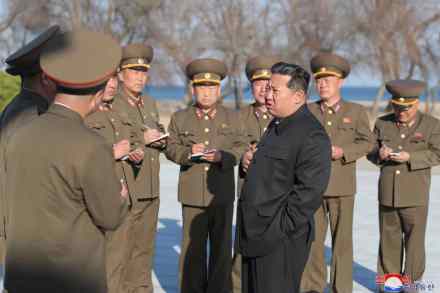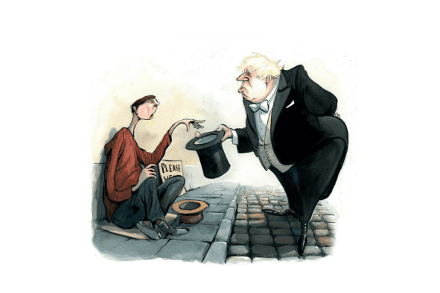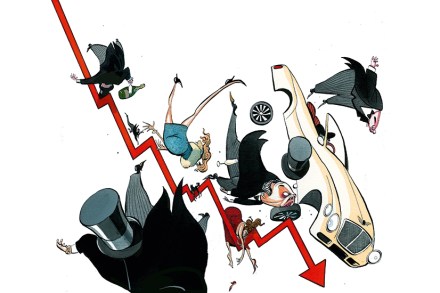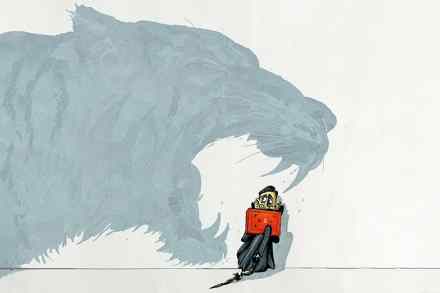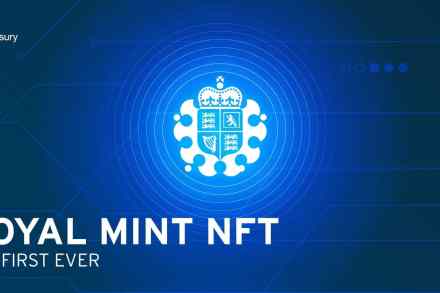How North Korea’s crypto hackers are funding Kim’s missile habit
North Korean leader Kim Jong-un vowed last night to ramp up his country’s nuclear arsenal. Such weapons don’t come cheap, especially for a state targeted by stringent sanctions and with a stagnating economy. So where does the money actually come from? Kim Jong-un appears to be using cyberspace – and stolen cryptocurrency – to pay for his expensive habit. Pyongyang’s global army of hackers are often labelled as technologically backward. The reality is rather different. Unfortunately for the country’s victims in the West, Kim’s cyber crooks are as sophisticated as they come. A UN report earlier this year concluded that the country has used stolen cryptocurrency to fund its weapons programmes. But
